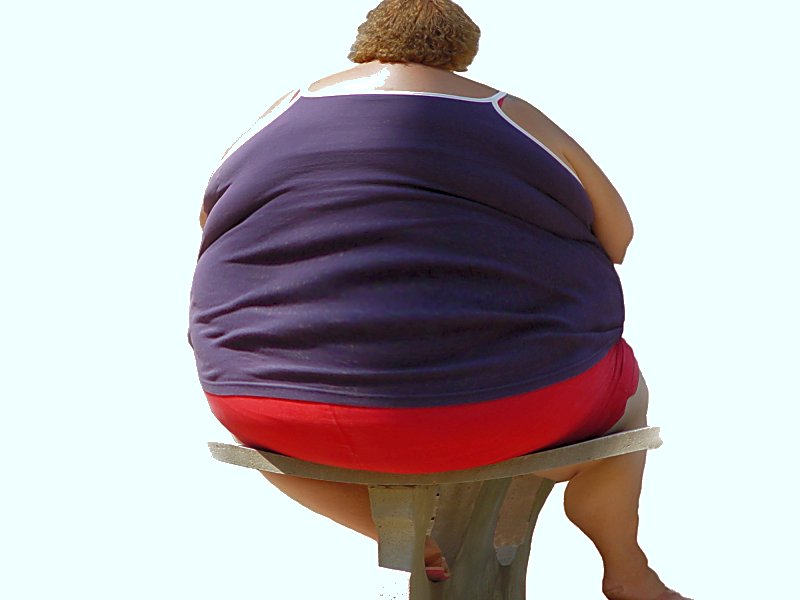Screening teens for obesity may not help them lose weight

BARKLEY - Weight screenings in high school were not enough to get overweight and obese kids on track toward a healthier weight, a recent U.S. study found.
With obesity rates soaring among Arkansas teenagers, the state implemented a screening program in schools in 2003, with alerts sent to parents of kids with weight problems. But kids screened by the program in early high school and again in their junior and senior years did not seem to benefit compared to kids exempt from screening, the study found.
While the screening and reporting measures in Arkansas have been both popular and controversial, there is no evidence to support their use, said study author Kevin Gee of the University of California, Davis School of Education, in email to Reuters Health.
Rates of teenage obesity have more than quadrupled in the last 30 years and now more than one in five teens is obese, according to the U.S. Centers for Disease Control and Prevention.
Schools play an increasingly important role in addressing child health issues because of their control over what kids eat and their activities throughout the day, Gee writes in the Journal of Adolescent Health.
But it isn’t clear which parts of school-based interventions are most helpful and cost-effective, he notes. Gee wanted to assess the effects weight screenings intended to alert parents that their child has a problem, in the hope that will lead to changes in behavior.
The data came from nearly 1,100 students who participated in the Youth Risk Behavior Survey, which was administered annually between 2003 and 2009. The students answered questions and estimated their own height and weight, allowing for calculation of their body mass index (BMI), a ratio of weight to height.
The survey also asked students about their exercise habits and their diets.
Gee analyzed how students’ weight and health habits changed between 10th grade and 12th grade, among kids who had BMI screenings in 10th, 11th and 12th grades. He compared this change to the pattern of weight changes among students who opted out of the screening over the same period.
More than half of all teens were a healthy weight in both groups. The percentage of obese teens decreased and the percentage of overweight teens increased over the two years.
The changes in the two groups were not significantly different for weight gain, exercise level or dietary habits.
Overall, most teens did not eat one or more servings of fruits or vegetables per day.
Dominique Ruggieri, a faculty fellow for the University of Pennsylvania’s Center for Public Health Initiatives, noted that childhood obesity is a serious health condition that can cause many other health problems.
“Moreover, children who suffer from weight health issues are significantly more likely to suffer from obesity in adulthood,” Ruggieri said in an email.
Although screenings did not have a significant effect on weight in this study, Gee said that they may be useful to parents who do not have access to health checkups for their children.
Ruggieri also said that BMI screenings can be useful because most parents tend to underestimate their child’s weight status. She added that the screenings could be improved by telling parents, “why and how the measurements were taken, what parents can do to help their children, and what the schools are doing to help their children.”
Gee noted, however, that BMI information alone may not be enough to help parents in high poverty areas where fresh produce and safe playgrounds to encourage exercise may not be available.
He cautioned that screening and reporting alone is not enough to make a dent in the problem of teenage obesity and recommended a more holistic approach. “We need to consider ways to have communities, parent groups, youths groups, churches, hospitals, etc. work in tandem,” he said. - Reuters







